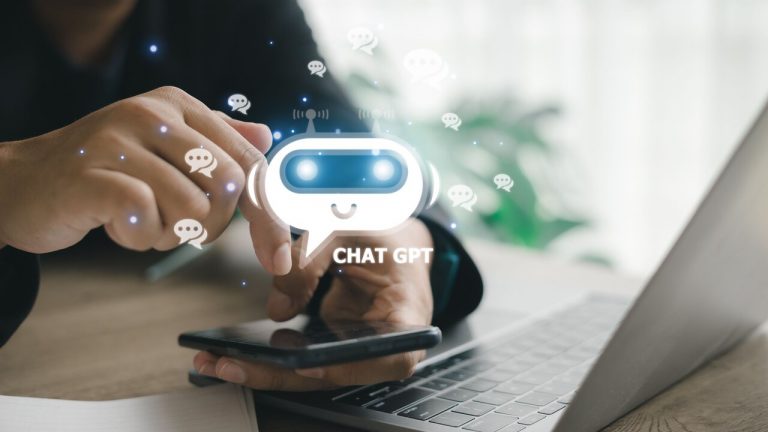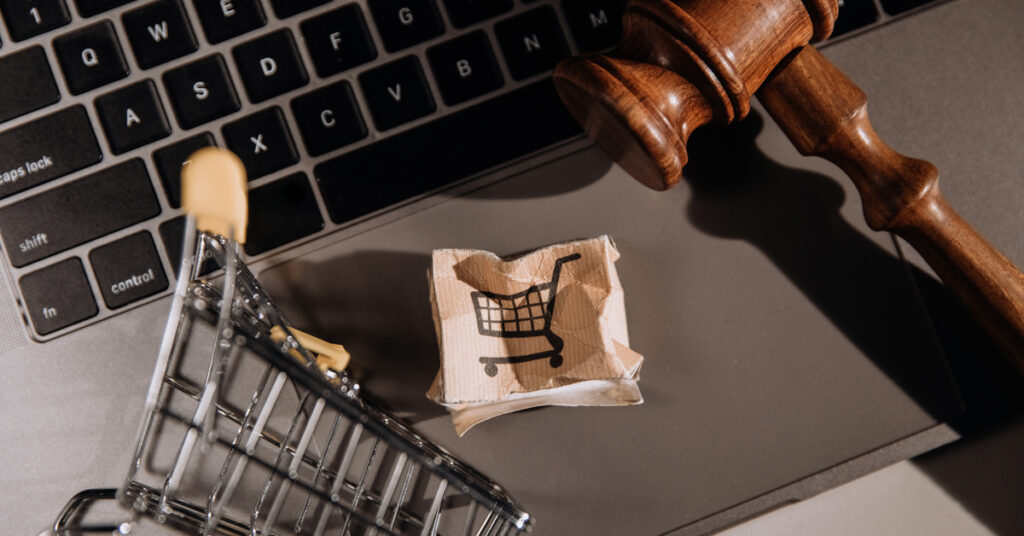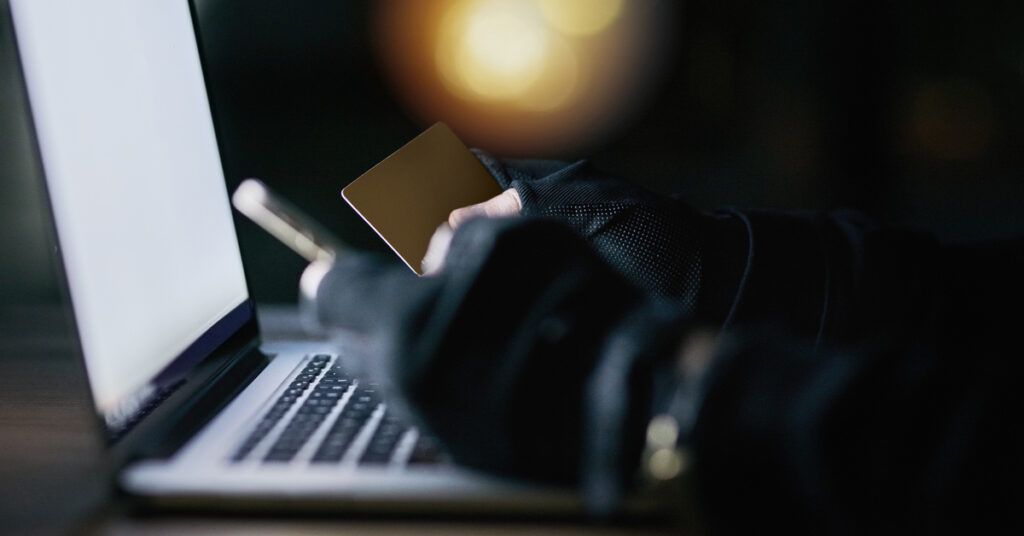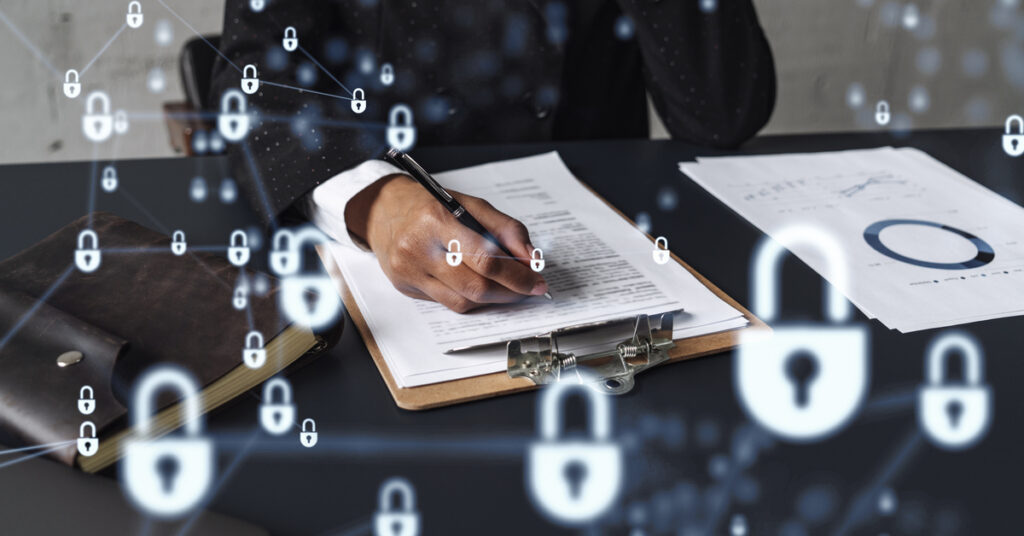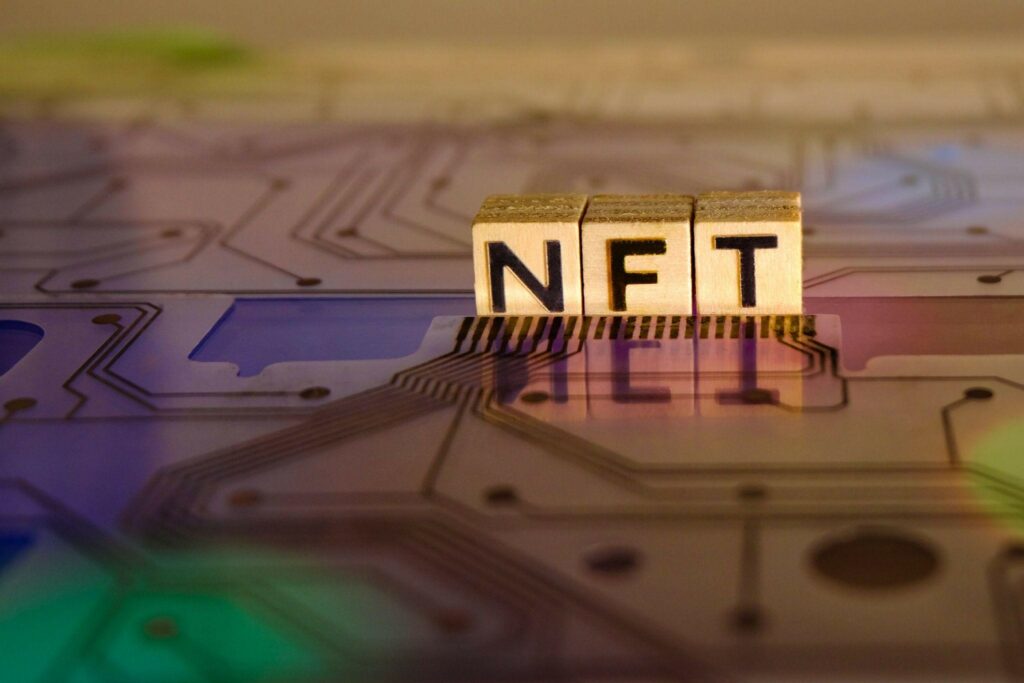Late in 2022, OpenAI released its chatbot, ChatGPT. OpenAI refers to it as a “language model trained to produce text” that applies machine learning to generate “human-like” text.
ChatGPT has been taught using vast amounts of data authored by humans and found on the internet. As such, it can do several tasks related to natural language processing, including translation, summarization, and question-answering.
In general, ChatGPT can rapidly process the large amount of data that has been given and offer a succinct response.
According to Christian Terwiesch, a Wharton business professor, ChatGPT answered simple questions about operations management and process analysis amazingly. However, it struggled with questions that were more complex, and it made “surprising mistakes” with basic mathematics.
At the time of this article, the use of ChatGPT in some educational institutions located outside of Malaysia was prohibited.
ChatGPT: Copyright Violations?
Owners of copyright whose work is available online in the form of blog posts, reports, and articles have experienced an increase in anxiety since the launch of ChatGPT.
Internet data could be mined for its content and used to advance the chatbot’s education in additional ways. ChatGPT can also respond to a user’s query with concepts taken from the respective copyright holders’ works.
Infringing on someone else’s intellectual property rights is defined as using someone else’s work without their consent. The copyright holder has sole discretion over the permissible uses of the work, including its exploitation for financial gain. If you use a protected work without the owner’s permission, you are infringing on the owner’s intellectual property rights and may be held liable for damages.
Does the Copyright Act 1987 protect ChatGPT’s result?
The Copyright Act 1987 in Malaysia stipulates the presence of a human author. As a result, it is extremely unlikely that copyright would be applicable to the work that is generated by chatbots.
It is possible that the output of ChatGPT is subject to copyright protection. Nonetheless, the licence terms for the OpenAI product do not make this point expressly clear. Below is an extract of their terms pertaining to content:
You may provide input to the Services (“Input”), and receive output generated and returned by the Services based on the Input (“Output”). Input and Output are collectively “Content.” As between the parties and to the extent permitted by applicable law, you own all Input, and subject to your compliance with these Terms, OpenAI hereby assigns to you all its right, title and interest in and to Output. OpenAI may use Content as necessary to provide and maintain the Services, comply with applicable law, and enforce our policies. You are responsible for Content, including for ensuring that it does not violate any applicable law or these Terms.
According to OpenAI, ChatGPT’s responses have the potential to be erroneous, untrue, and deceptive in various ways at times. In addition, ChatGPT is not connected to the internet, which means that it may provide inaccurate responses on occasion.
Due to its limited awareness of the world and events since 2021, it may produce damaging and biased outputs. OpenAI recommends checking ChatGPT’s Output for accuracy. Due to ChatGPT’s limitations, trusting and verifying the accuracy of ChatGPT’s Output takes considerable effort.
Legal Issues to Consider When Using ChatGPT
As the technology behind artificial intelligence continues to advance, it is imperative that these legal problems receive careful study:
- assuming the user edited the Output and made it their own independent creation that satisfies the conditions set out in Section 7 of the Copyright Act: (a) sufficient effort has been expended to make the work original in character; and (b) the work has been written down, recorded, or otherwise reduced to material form, would the independent creation be eligible for copyright? Additionally, it does not matter how good the work is or why it was created in order to qualify for copyright protection. Works can be protected under copyright in any case.
- is it possible for a party to make use of the Output without having to rely on or validate the veracity of ChatGPT?
- is it possible for a party to exploit the Output of ChatGPT without providing ownership or attribution to the data sources used to make the output?
- if a party edits ChatGPT’s Output as its own independent creation, can that person then use it as a defence against a claim that it infringed upon someone else’s copyright?
Read More: NFT and Digital Art: Legal Implications in Malaysia
Concerns Regarding the Use of Artificial Intelligence Technology
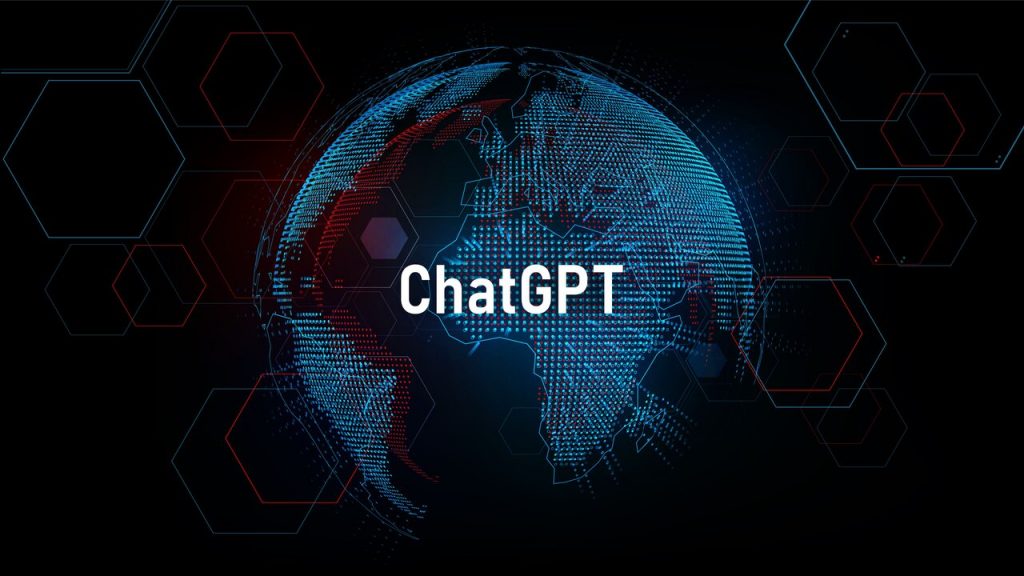
In the years to come, members of the legal community will be faced with a wide variety of challenges, including those that have already been highlighted.
Contact an intellectual property lawyer to learn more about how artificial intelligence technology affects your product development.

